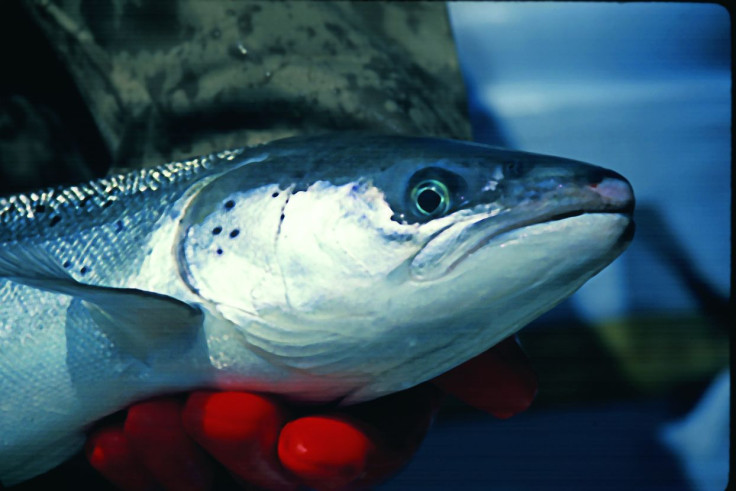Scientists Discover First Animal That Doesn’t Need Oxygen To Live

KEY POINTS
- Scientists discovered an animal that doesn't need oxygen to survive
- The animal is a jellyfish-like parasite that clings to salmon
- It does not have the cellular features for breathing
Scientists have recently discovered the first-ever animal on Earth that does not breathe. According to the scientists, the newly discovered animal does not need oxygen to live.
The latest finding certainly contradicts some of the most well-known notions in biology regarding the importance of oxygen in the survival of living organisms. For scientists, this discovery could also shed light on the search for extraterrestrials in space.
The fascinating animal is called Henneguya salminicola, which is a common salmon parasite. It has been identified as a cnidarian, which means it belongs to the same order as jellyfish, corals and anemones. Scientists noted that although the parasites are known to create cysts among fish and cling to the salmon for the rest of its life, they are not harmful.
After studying the H. salminicola’s DNA, the scientists discovered that it does not have a mitochondrial genome, which is a crucial component of the respiration process. In addition, the scientists learned that the parasite does not have the capacity for aerobic respiration. It also does not have enough nuclear genes that can transcribe and replicate mitochondria, Science Alert reported.
In other words, this multi-cell organism does not process oxygen to survive. For the scientists, understanding how the H. salminicola is surviving without oxygen is still a mystery. Since it is a parasitic organism, it is possible that it could be breaking down oxygen or other elements needed for its survival through its host.
Even though it is not yet clear how the parasite is able to live without cellular features needed for breathing, its discovery is still very significant as it offers a new glimpse into how life evolves.
“Our discovery confirms that adaptation to an anaerobic environment is not unique to single-celled eukaryotes, but has also evolved in a multicellular, parasitic animal,” the scientists wrote in the abstract of their study, which was published in the Proceedings of the National Academy of Sciences of the United States of America.
“Hence, H. salminicola provides an opportunity for understanding the evolutionary transition from an aerobic to an exclusive anaerobic metabolism,” the scientists continued.
© Copyright IBTimes 2025. All rights reserved.





















